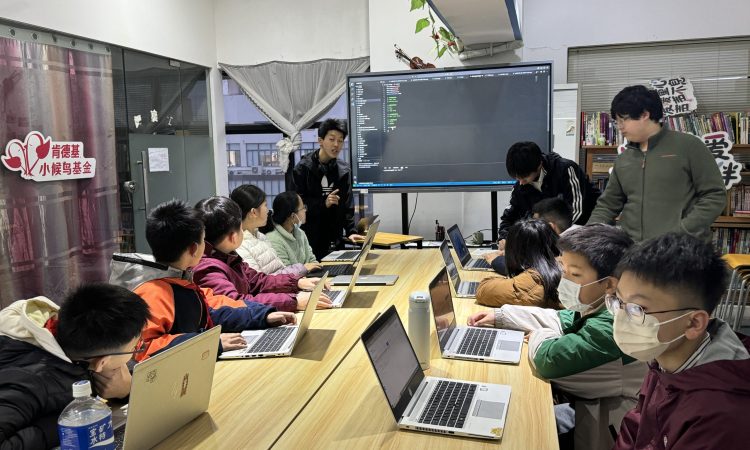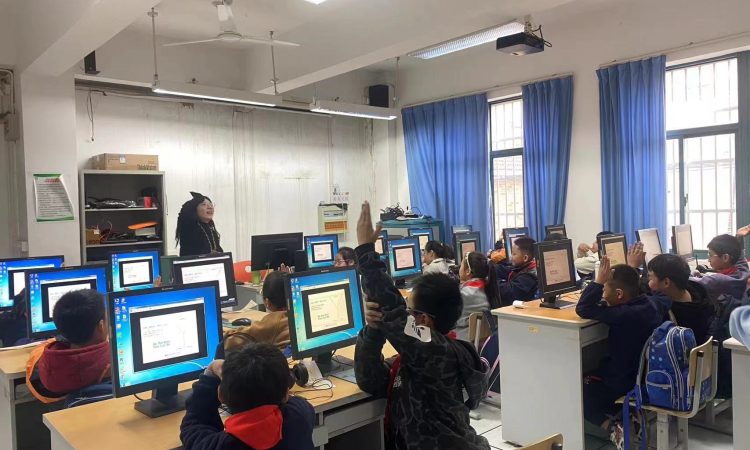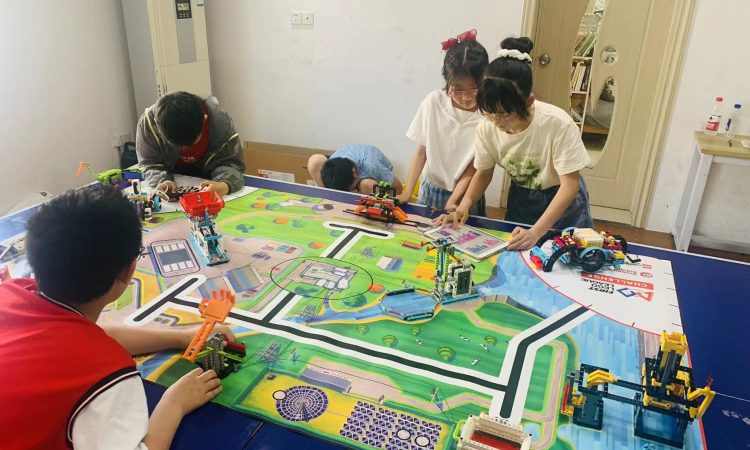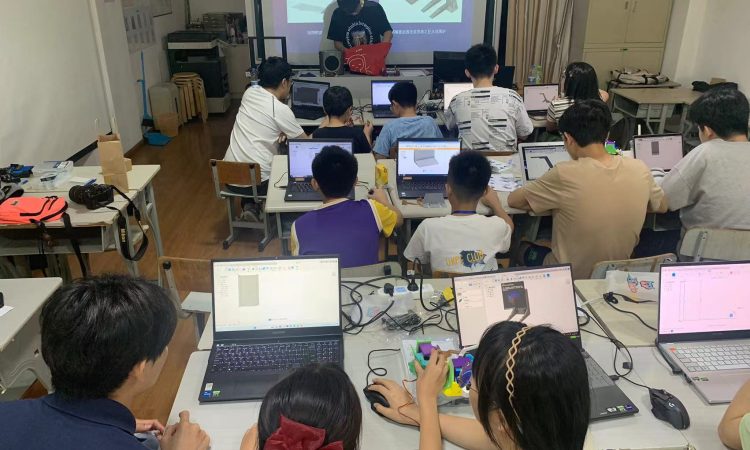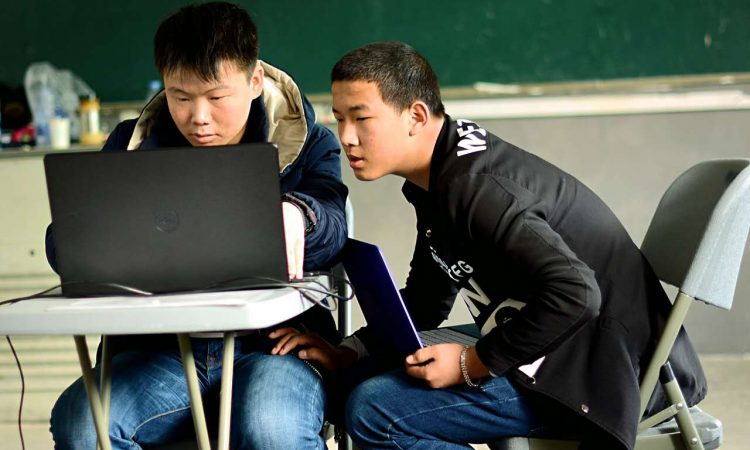As the end of the year approaches, we would like to give all of our friends an update on Stepping Stones’ 2016 new programs.
1. Stepping Up
Since May, Stepping Stones has installed a computer classroom and sent 8 volunteers with our full time teacher to provide computer and life-skill lessons to 135 middle school students in a school for migrants in Jiashan, Zhejiang Province. Class size is around 10 to 15 students, with 12 courses for phase one covering how to use a search engine, Microsoft office, Baidu Cloud, basic advertisement writing, email, etc, as well as working on life-skills such as critical thinking.
“The biggest challenges for this program were that students lacked confidence and did not take the initiative to learn new knowledge, and only knew how to play online games. Some of the students didn’t even know how to turn the computer on and off. After 12 lessons, at least half of the students showed interest and confidence in exploring new software, and are now able to use Baidu.com to search for useful information and are able to critically evaluate data as well. Students from Grade 9 were not engaged in the class at the beginning, but now in each class they can solve problems on their own and have gained more confidence and self-esteem” (Teddy Shi, Computer teacher).
“Today, twelve weeks into our program, I felt greatly encouraged as I looked around me. We had a class of eleven students who all engaged with the task of creating a PowerPoint, and who joined in animatedly with Teddy’s topic of discussion for the day—cancer rates in New Zealand. I saw students independently use the internet to find information on New Zealand and adjust their opinions accordingly. I was especially proud when I saw students exploring the additional functions of PowerPoint, such as templates, shapes, and animation, all on their own” (Huey Wu, Assistant Teacher).
2. English Teacher Training Program
In the Fall semester, Stepping Stones’ new Training Manager Ross Pitcairn provided 6 trainings on teaching methodology and oral English practice to 41 English teachers from 3 migrant schools in Pudong and Minhang District in Shanghai. Ross also visits the teachers’ classrooms regularly to observe their classes and give feedback to the teachers.
“The trainer is very responsible and devoted. The atmosphere is very active. He is not very strict, so we all like him and are willing to speak out. His training plan is very attractive and logical, with different group activities. We rarely attended such teacher training before” (Teacher Kelly Guo, Huabo Lixing Hang School Xupu Campus).
“The training is really based on our actual needs. Every time, Ross will evaluate how the trained methodology applies in a real classroom. If it’s not applicable, he will just delete that part from the training plan. The model class part of the training is very useful to all of us” (Teacher Zhang, Huabo Lixing Hang School Jiwang Campus).
3. Individual Volunteering Placement
In 2016, 16 individual volunteers travelled to 7 places in 5 provinces (Anhui, Jiangsu, Zhejiang, Gansu and Guizhou), to teach English to children in rural schools. In total, 271 lessons were taught to 3550 students.
“In terms of English education, the biggest challenge is pronunciation, both for the students and the teachers. Teachers desperately need professional development, particularly in terms of pronunciation. And the migrant schools greatly need to encourage the students to speak and to think outside the box and beyond the textbook” (Johan Vink, migrant school in Wuxi, June 2016).
“I highly encourage anyone, and especially those who only have experience in the eastern cities of China, to volunteer in rural areas. Open your eyes and mind to the depth of Chinese life and culture that can be found across the country, and contribute a gift of language and knowledge that students will carry with them for years to come” (Olivia Bergen, Gansu, August 2016).


